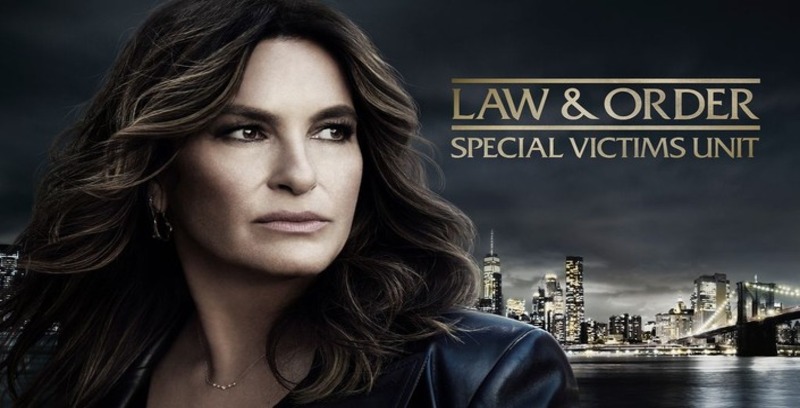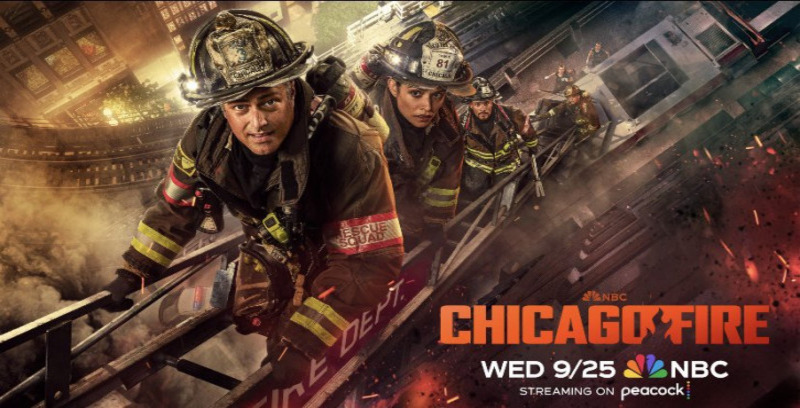Many (including myself) likely wondered why the hell this episode was named after a character who got only a few lines of dialogue over two episodes. Immediately after watching the episode I questioned the use of The Texan within the show, but with some thought, I came to the realisation that The Texan is the embodiment of this season's central themes. I'm still disappointed with the show wasting Stacy Keach, but I now appreciate how the character was used in this episode, and I see how it ties into the season as a whole.
Season 4 of Ray Donovan has been far more thematically cohesive than I had previously come to expect from the show. This thematic cohesion has compensated for the admittedly lacklustre narrative. This season is built around Ray's attempts to become a better man, and the question of whether or not such a thing is possible given his particular line of work. This season has also woven in the theme of behaviour passing through generations, a cycle destined to repeat itself. And all of this is explored through The Texan.
You see, The Texan acts as a reminder for Ray, an echo from the future of who he will one day become if he continues down this path. Ray is somewhat shaken by his conversation with The Texan in the hospital, and seems to come to a realisation. In the next couple of scenes we see him attempt to reach out to others and repair bonds with family members, particularly Mickey and Conor. He offers Mickey a place to stay, and plays Just Dance with Conor, with Abby soon joining in. The latter is a hilarious, lovely moment for a show that usually avoids such things.
But the moment is ruined when the Donovans' neighbour arrives to inform Ray and Abby of Conor's murder of the bounce house. This is the point where Conor's stupid behaviour throughout the season (and the series) shows signs of paying off, as Ray and Abby's respective reactions to Conor's actions bring about some actual character development for him. It's been clear since the beginning of the series that Conor is the show trying to replicate the character of AJ from The Sopranos, but he never worked as a character because the writers didn't understand what made AJ Soprano so great.
Now, I'm not saying AJ Soprano wasn't annoying in The Sopranos, because he was. But AJ's behaviour was effective because there was always a sense of tragedy about the character, even in the early seasons when he was far more likeable. AJ's slow collapse into destructive behaviour was foreshadowed from early on in that show, and built so naturally that it culminated in what is, in my opinion, the best episode of the show: season 6's "The Second Coming". Conor, on the other hand, never had that build up. He was terrible from the beginning, and the show always failed to actually address why that was so.
So in this episode the show kind of circled back to what it should have done in the fist couple of seasons. In this episode when Conor moans about how hard his life is, he comes across as spoiled and self-pitying, as intended. But of course he is those things. He had been spoiled his entire life, and saw that his father paid for such a life by going outside the law. Like AJ, Conor saw how his father earns money and was then left without a fundamental set of morals that most of us learn as we grow up. Most of us are thought to be good to others and play by the rules. Conor sees his father do the opposite and get rewarded for it. A combination of this and absentee parenting led to Conor becoming the person he is. The show explaining this in one scene while The Sopranos did so in seasons robs it of nuance, but it makes Conor a much more fully-realized character.
Ray tried to give his son a far more comfortable life than he himself had growing up, yet he still made the same mistakes his own father made. Yes, Conor had a far easier childhood than Ray, but both still grew up with criminal fathers who they barely saw. And so just as Mickey's behaviour passed down to Ray, Ray's behaviour is passing down to Conor. Ray's chat with The Texan made him realise this, and so he immediately sought to repair his damaged relationship with his son. But he can't truly do so unless he stops doing the job he is so well known for, and I don't see that happening anytime soon.
But Ray isn't the only one in the episode attempting to reach out to others and repair relationships. Abby and Conor seem to reconcile when the former brings the latter to a gun range, where she tells him of her cancer. It's another nice scene, and in it Conor comes the closest he ever has before to being likeable. Before watching the episode I never thought I would ever say such a thing.
Bunchy, in his best episode of the season, tries to rebuild his marriage to Theresa after hearing she has been committed to a mental institution and been declared a suicide risk. His attempts at doing so mainly relied on giving a motivational speech, which included reminding Theresa of her wrestling prowess and talking about how he used to masturbate to Lynda Carter's Wonder Woman as a kid. And, despite that last part, the speech seemed to have the desired effect, with Theresa leaving with Bunchy and Mickey.
But it's not just familial bonds that this episode focuses on, as Hector hires Terry to be one of his coaches after a session of drinking and reflecting on life together. Terry argued that Hector had surrounded himself with yes-men and sycophants, and thus a budding friendship is born. While I appreciated the thematic relevance of Hector Campos earlier in the season, I've found myself simply not caring enough in these last few episodes. But maybe Terry's presence will renew my interest in the character.
And now that I've finished with the main review of this (pretty great) episode, I'm going to write briefly about something small that I greatly appreciated from this episode. The fact that the show actually got an Irish actor to play the boxer Daryll was sent to watch and, if need be, hit. In general, I'm a big fan of American and British television (hell, I spend enough time writing about it) but I hate it when American or British shows write in Irish characters, as they always cast actors from anywhere but Ireland to play such characters. And since Irish accents are notoriously difficult, 99% of the time they sound terrible. When it's a minor character I don't mind too much, but when the character is prominent it's unbelievably grating.
Honestly, I think most of the time actors don't even bother checking to see what Irish people actually sound like and just do what I like to call the "leprechaun" accent, the accent most associated with Irish people that no Irish person actually has. And sometimes actors actually attempt to do an accurate accent, and that's worse most of the time. Often these attempts border on hilarious, the perfect example being Titus Welliver's "Irish" accent in Sons of Anarchy, which is the worst thing I think I've ever heard. But laughing at it every episode is the only way my friends and I were able to get through that show's third season. So in this episode, I was very thankful when that boxer opened his mouth and a genuine Dublin accent came out. I know it was a small part, but it was still appreciated. So this is my plea for shows to actually cast Irish actors to play Irish characters.
Anyway, rant over. As you can likely tell from this review, I really enjoyed this episode. It continued to explore the season's core themes while also providing some character development to Conor, a character in dire need of some. Narratively the show is still in second gear, and I'm not exactly eager for that to change, though of course, it has to. I'm just enjoying the slower, more thoughtful nature of this season.
Sign Up for the SpoilerTV Newsletter where we talk all things TV!
Recommendations
Subscribe to:
Post Comments (Atom)













